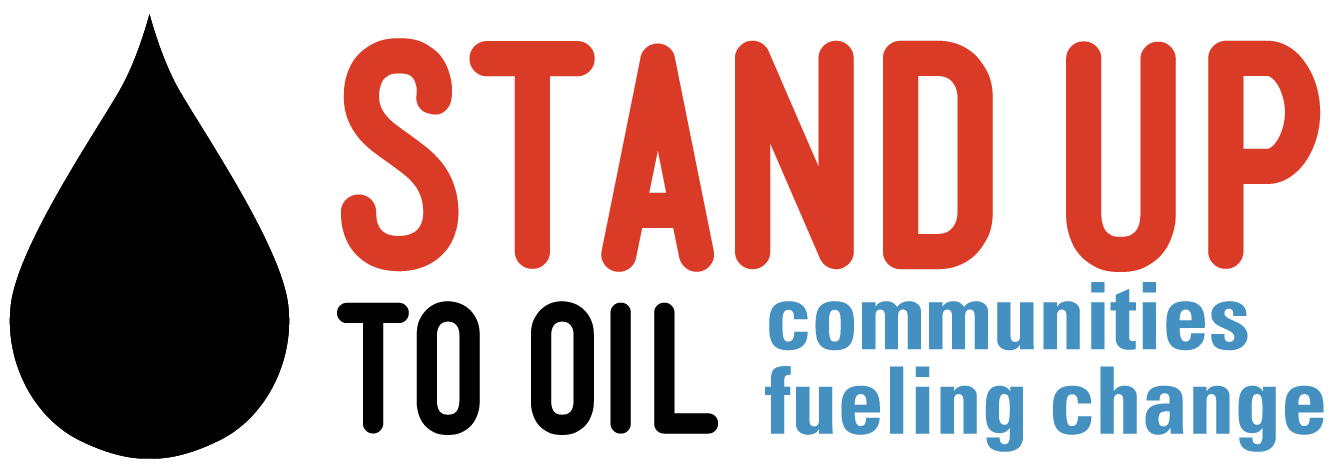By Ariel Ross
Americans reject terminals, so Wyoming’s coal heads to Asia through the Lower Mainland.
(B.C., Canada) If you’ve ever been to the ferry terminal in Tsawwassen, you’ve seen them. The big, black piles of coal framed against the mountains as you drive down the causeway. But not all coal is created equal.
One day the train crawling past beachgoers and tourists might be from Teck’s Elkview mine in the Kootenays. Its load of metallurgical coal will sail away on a bulk carrier, perhaps to a steel foundry in Seoul.
Under the province’s $30-a-tonne carbon tax, every 100 train cars of B.C. coal represents about $45,000 in revenue for the government. Compensation to the public, in its way, for some of the pollution created by that coal’s extraction, processing and transport.
But the next day a whistle blows and another train rumbles toward the Westshore Terminals dock. This one is carrying thermal coal from Wyoming, bound for the massive Datong power plant in China.
As the train rolls through Delta, black clouds of coal dust billow from the open rail cars, irritating asthmatics and coating farmers’ crops.
Sadly, it’s worse in Shanxi province where the coal is burned. There, men, women and children cover their mouths with cloth masks to fend off the toxic smog.
Although its impacts on climate and health are even worse than metallurgical coal, this American coal train pays no carbon tax, or comparable regulatory fee in B.C., leaving taxpayers like you and me with the tab for its harmful effects.
So, why are U.S. thermal coal trains crossing the border in the first place? 
The short answer is that Washington and Oregon don’t want them. Under pressure from their constituents, county and state governments put the brakes on new export terminals and coal trains bringing more dirty coal through their communities. Native American tribes directly affected by these proposals led the charge.
See complete article, here.


